Our celebration of Passover is not just how to remember the past monumental event of the birth of our nation, but also to embrace the newness and opportunity for our own rebirth and renewal. This duality, framing our past and looking forward to better days is the core of our Haggadah.
Expressing Gratitude
In the Psalm we recite on this holiday, the verse, “They praise G-d for his kindness and relate his wonders to other people” is repeated four times.
We, humans, have the capacity for complaining about our lives as well as being thankful. Unfortunately, for many of us, our capacity to complain seriously outweighs that of being grateful.
There is a humorous story about a mother walking on the beach with her young child. Suddenly a huge wave crashed on them and swept the child away. The distraught mother cried out to G-d, “Please save my child!” The next wave crashed again and deposited the child at her side, unharmed. The mother hugs her child tightly and exclaimed, “Thank you, G-d, forever!” A moment later, she looks at her child then turning her eyes to heaven and asks, “So, nu, where is the hat that was on his head?”
The story is humorous precisely because we sense a kernel of truth in its absurdity. How often in our lives do we forget kindnesses and focus instead on annoyances, even when the disparity between them is in the magnitude of saving a child versus the loss of a hat. Therefore, at the very inception of our nation, the first thing we were taught to do at the Seder is to give thanks and thereby earn our name ‘Yehudim’ the ones who give thanks.
Looking to the Future
Abraham Lincoln once said, “My great concern is not whether I have failed, but whether I am content with my failure.”
Abraham Lincoln lived by his own advice, for after failing in business, suffering personal setbacks, and losing eight elections, he became one of the greatest and beloved presidents of the United States.
Very often, we dream of a project or something we’d really love to master such as learning a new language or mastering a musical instrument, but we hesitate to move forward because it seems beyond our ability or too much effort. In that way, we shy away from many things which are achievable.
Success in any area in our lives comes from experience, and experience comes from learning from mistakes, so in reality, any failure is a step closer to success.
As a successful businessman said to a newcomer, “You just start and something will happen.” Just as a composer may have only one melody in mind, but as he begins to write, one idea seems to inspire another, and an entire symphony springs to life seemingly out of nowhere with the original melody nowhere to be found.
Who would have dreamed even 100 years ago that the Jewish nation would return to the Land of Israel and create a vibrant forward-looking country of their own?
Countless small steps at a time.
And as our nation celebrates our founding, we should be open to renewing ourselves to new possibilities and opportunities and not be struck with self-doubt and the burden of past mistakes or the anxiety of perhaps future failures.
As we declare, next year in Jerusalem!
Rabbi Shaul



